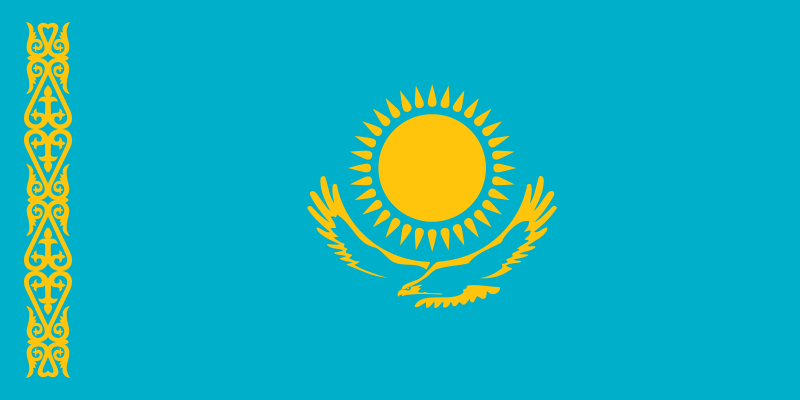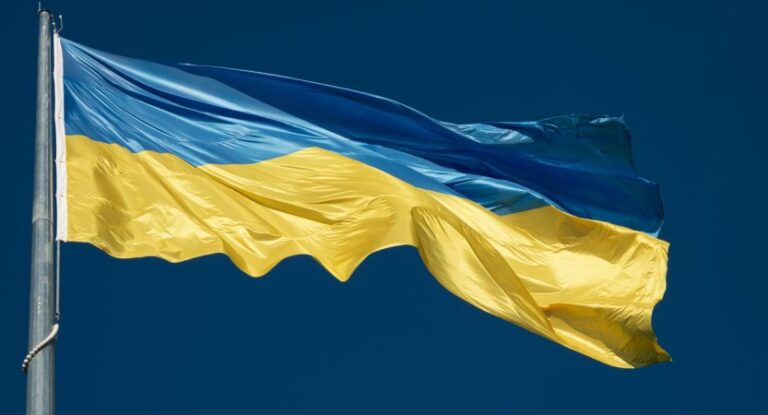
Early Presidential Elections in Kazakhstan are the Culmination of a Turbulent Year
Early presidential elections will be held in Kazakhstan this Sunday, November 20, culminating in a turbulent year in the Central Asian country.
On paper, the elections appear to be a formality: the re-election of current president Kassym-Jomart Tokayev is not really under discussion, as he is up against five virtually unknown candidates.
The now 69-year-old Tokayev came to power in 2019 but was in the shadow of his predecessor Nursultan Nazarbayev for a long time. He led the Central Asian republic with a heavy hand for thirty years and continued to exert enormous influence on Kazakhstan even after his resignation. For example, he was head of the National Security Council for a long time and remained chairman of the ruling party Noer Otan. One of the first things Tokayev did as president was to rename the capital Astana to Nursultan as a tribute.
At the beginning of this year, however, the cards were shuffled drastically in Kazakhstan. Unprecedented protests and demonstrations broke out against the government, partly due to dissatisfaction with the rise in fuel prices. Riots also broke out in the economic capital of Almaty. The protest killed 225 people and injured hundreds. President Tokayev attributed the riots to “terrorists” who were “formed abroad” and spoke of “an attempted coup”. To bring the protests in the former Soviet state under control, Tokayev even had to enlist the help of Russia.
Because discontent was directed mainly against his predecessor, Tokayev announced large-scale reforms in the aftermath of the protests and promised to build a “new Kazakhstan”. Since then, he has also increasingly tried to distance himself from Nazarbayev, who lost his privileges after a referendum and was expelled from the Security Council. The name of the capital Nursultan was also changed again to Astana.
During the referendum, the people also voted in favour of several reforms, including creating a constitutional court to review legislation and the president’s powers. Local and regional administrators have also gained more power over the president. Tokayev further proposed holding early presidential elections in the fall – usually, the next one was scheduled for 2024 – and reducing the presidency to one seven-year term instead of two five-year terms in the future. Since that law has not yet been ratified by parliament, he may be elected for five years on Sunday, after which he can, in principle, become president again, i.e. for seven years.
Despite the apparent democratization, critics are not convinced that the authoritarian system in Kazakhstan has indeed changed. Because Tokayev only announced early elections in September, he left the opposition no chance to find a formidable opponent. As a result, the president will compete against five – on paper – weak and unknown candidates on Sunday, making the re-election seem like a formality. The international election observers of the Organization for Security and Co-operation in Europe (OSCE) regret in a report that their recommendations “regarding fundamental freedoms and the conditions of eligibility and registration of candidates have not been implemented”.
The security services in Kazakhstan are now on high alert because of the elections. On Thursday, they arrested seven individuals accused of “preparing election day riots”.


